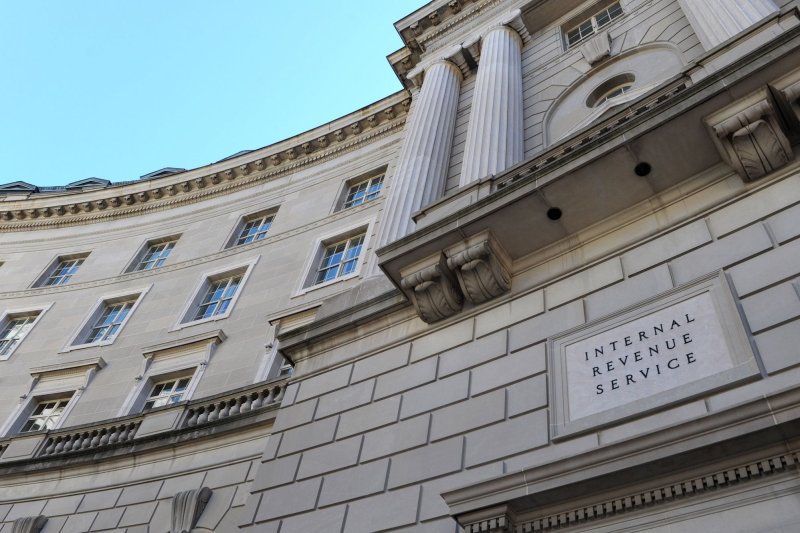The Internal Revenue Service has warned taxpayers of recent scams that involve directly-deposited, erroneous refunds. File Photo by Kevin Dietsch/UPI |
License Photo
Feb. 14 (UPI) -- The Internal Revenue Service has warned taxpayers of a new scam -- and to watch their bank accounts for mistaken refunds, followed by calls from scammers to return the money to a collection agency.
In a warning sent Tuesday, the IRS offered a step-by-step guide on how to return the funds and avoid being conned.
The IRS Criminal Investigation division recently broadened its investigation into the scheme after discovering the number of taxpayer victims jumped from a few hundred to several thousand in just days.
It's a new twist on an old scam. The fraud begins with scammers stealing client data from tax professionals and using the information to file fraudulent returns with taxpayers' real back accounts to deposit erroneous refunds. The thieves then pose as IRS or law enforcement agents in an attempt to get the taxpayers to return the money.
In one version, thieves pose as debt collection officials acting on behalf of the IRS and contact the taxpayers to say a refund was deposited in error. They ask the taxpayers to forward the money to their collection agency.
Another version uses an automated call with a recorded voice purportedly from the IRS. The message threatens the taxpayer with criminal fraud charges, an arrest warrant and a "blacklisting" of their Social Security number before giving the taxpayer a case number and a telephone number to call to return the money.
The agency said another tactic targets taxpayers who file electronically, who find their tax return is rejected because a return bearing their Social Security number is already on file.
To avoid being scammed, the IRS encouraged taxpayers to follow their bank accounts closely and if an erroneous refund is deposited to contact tax professionals immediately.
The IRS outlined a step-by-step guide to follow if an erroneous refund is found.















